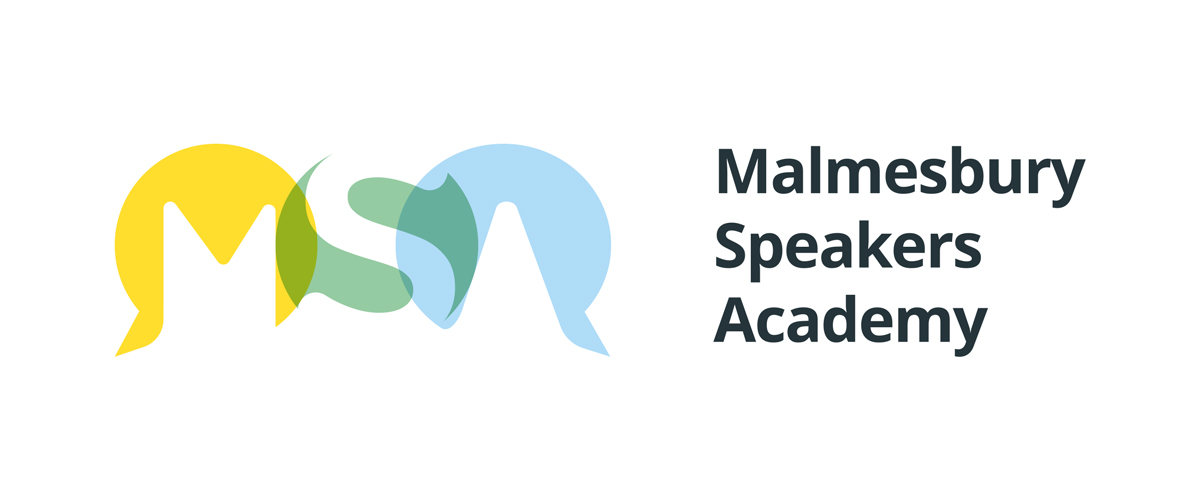6 tips to feel and sound more confident in interviews
60% of women struggle to articulate their thoughts and ideas during interviews, poll claims.
The survey commissioned by the National Literacy Trust also found that another 15% of women felt that their communication skills had hindered their ability to secure a job.
At the Malmesbury Speakers Academy, we believe everyone is a great speaker and influencer, but many do not believe it to be true. Because us humans usually function at the level of our beliefs rather than our abilities, we frequently sell ourselves short and underperform simply because we believe we can not do something even though we actually have the necessary skills and ability.
Our Speak with Confidence workshops are proving very popular - especially among women, and I was discussing this with the attendees at the last workshop. Is it that women feel the need more than men to boost their confidence when speaking in public or is it that women are generally more willing to admit that they need help?
“Do women need to boost their confidence more than men, or are they simply more willing to admit they need help?”
The truth is probably more nuanced than these generalisations but the findings of the survey above do point to a crisis of confidence in the work place for many of Britain’s women.
In many work situations, from interviews through to team meetings, project reports and board presentations - busy co-workers value a succinct summary that marshals the key facts in a logical manner and points to the necessary actions that need to be taken.
Here are my top 6 tips to feel and sound more confident during interviews:
Prepare. Confidence comes from preparation. You can’t talk yourself into being ready, you actually need to put the effort in. Set time aside - double the duration of the meeting - to prepare.
Start with the end in mind. What do you want to achieve from the meeting? If it’s an interview then you most likely want to get a job offer. So ask yourself the question - why would they want me to join their team? Write down a list of your achievements (I managed project X which saved the company £y) and personal attributes (I have good emotional intelligence - I can tell when a client or co-worker is unhappy even if they do not say so - which means I can address the problem and stop it turning into a bigger issue)
Practice. You can not plough a field by turning it over in your mind. The same is true for practicing interview answers. Say them out loud, and allow yourself to get excited, passionate and sound interested.
Read the job description. The interview is to find someone who can excel at that job description. So read it carefully. For each key piece of required experience, have an example you can quote - from work or outside of work (any clubs or charities that you volunteer for)
Be likeable, not entitled. Friendly, not flirty. You spend more waking hours with the people you work with than you do with your spouse or partner. Think how carefully you chose them - and apply the same amount of effort to picking your place of work. Many companies are increasingly looking at how the team dynamic works because they recognise the simple truth that people who enjoy working together work harder and are more creative.
Improve your public speaking skills. The three essential elements to successful public speaking: clarity, confidence and courage - are the same key ingredients needed to shine in a job interview. Investing in your speaking skills will not only help you get the job you want but also speed you forward and upwards in your career. The ability to stand up and speak well is one of the key requirements for any leader and is highly valued by employers.
Malmesbury Speakers Academy offers public and private course and personal coaching on public speaking and presentation skills. Check out our schedule of live in-person and online courses here: www.malmesburyspeakers.com/calendar

